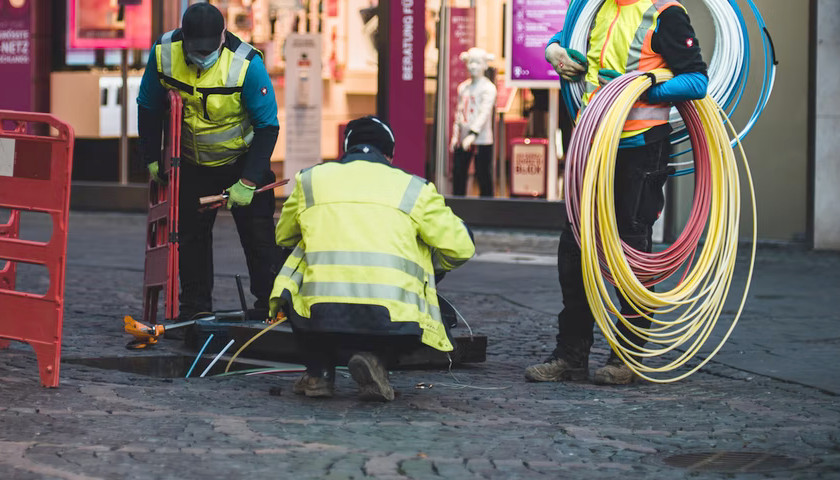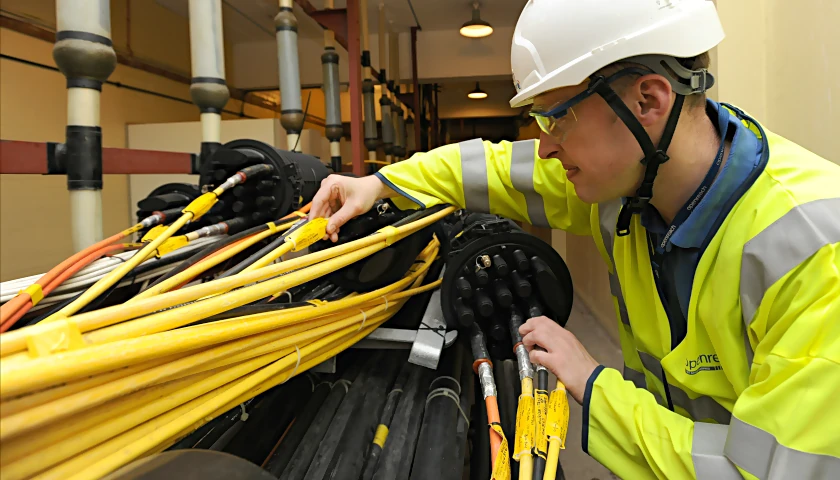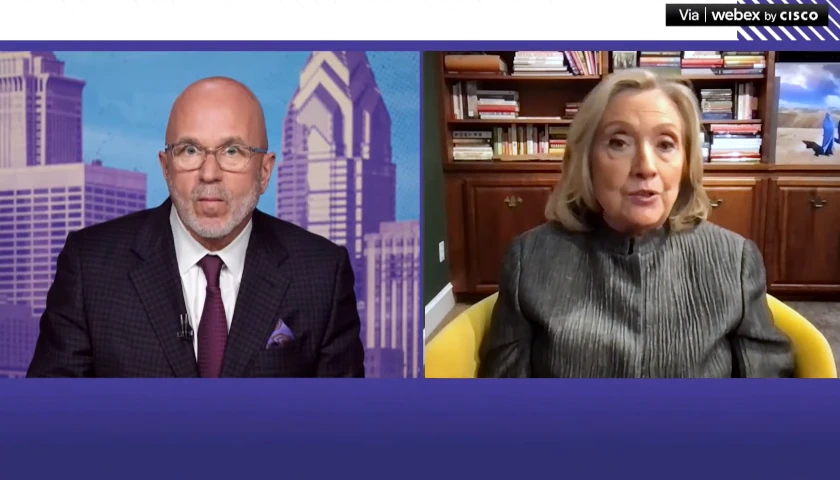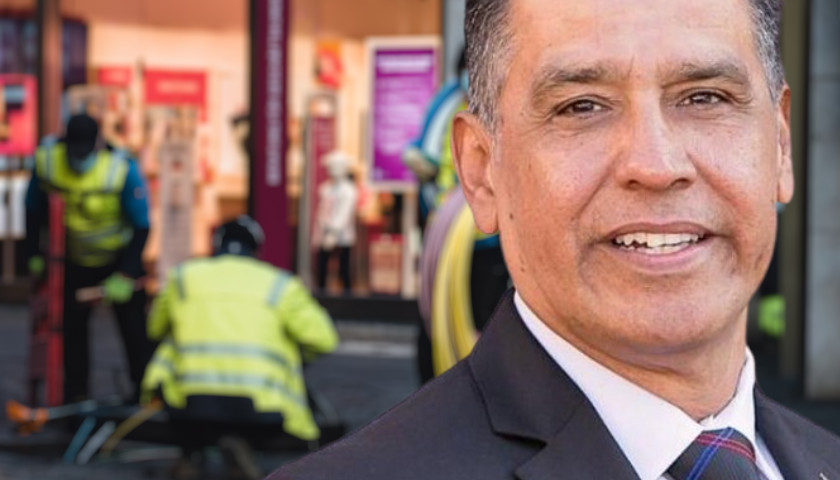by Keith A. Lyon
In recent years, communities across Tennessee have considered pursuing a municipally-run broadband network. In July of 2021, this trend continued with the Knoxville Utilities Board’s (KUB) proposal for the largest municipal fiber network in the nation being approved unanimously by the Knoxville City Council. KUB’s broadband business plan came with a colossal $702 million price tag, as well as an estimated seven to ten year network build out, with the hopes of providing service to a four-county footprint, the majority of which would be located in Knox County, where the FCC estimates that 98.3% of the area has access to three or more broadband providers already.
In Tennessee, many municipal fiber networks are operated through a respective locality’s electric utility. This has led to the misconception that starting an internet service will not impact local ratepayers or lead to higher taxes for local residents. Knoxville is now learning the hard way that this isn’t the case. Recently, the Knox Compass reported that the S&P, a respected national credit rating service, has downgraded the Knoxville Utility Board’s bond rating due to concern regarding the risk involved with the project. This comes in spite of KUB already notifying customers that the costly broadband project will lead to increased rates on electric bills, starting at an increase of 3% in 2022, 6% in 2023 and eventually 9% in 2024.
S&P’s credit downgrade means that Knoxville’s electric, water, and natural gas customers may end up paying even more for their services, as KUB will likely be on the hook to pay higher costs to upgrade and expand their infrastructure.
To make matters worse, the broadband project now appears to be delayed – initially it was projected that customers could begin signing up for the new service in the early summer of 2022, but now the utility is claiming that signups will begin later this year.
Knoxville’s financially reckless endeavor is a case study that must be considered by local legislators and government officials going forward. The Tennessee Department of Economic & Community Development (TNECD), which is in the process of reviewing grant applications for a $400M fund intended to expand broadband connectivity in our state, should take into account whether inexperienced local utilities, many of which have never laid an inch of fiber, are worth risking taxpayer dollars on instead of more worthy private partners with decades of experience in the industry. And state regulators should review their standards for feasibility of these types of projects.
Lastly, City Council members in Tennessee communities currently considering establishing their own municipal-network, such as Cleveland, Greeneville, Elizabethton and others should consider whether such a precarious endeavor is worth waging their locality’s financial stability on, as well as how constituents will respond to surging electrical fees and delayed deployment. With consistent coverage from private providers throughout the state, the establishment of these municipal-networks represents the socialization of an already existing and effective industry.
Outside of the financial risks associated with these municipally-run networks, it’s also imperative to remember that the more unforeseen delays keep popping up, the longer the small fraction of unserved residents who badly need internet access go without it. In under a year since being approved, KUB’s network rollout is already showing that municipally-run networks are not worth the risk.
– – –
Keith A. Lyon is a conservative mayoral candidate for Knoxville mayor in 2023.
Photo “Broadband Installation” by Mika Baumeister.






Effective Industry LMAO.
AT&T, Xfinity and Spectrum (amongst others) have received BILLIONS in state and federal subsidies and they still fail to provide good service, and in many areas don’t provide service at all.
This isn’t government overreach, it’s someone providing a reliable service. Private industry has failed to do so. That’s not government’s fault.
Reliable, affordable internet with good customer service brings JOBS to wherever it’s at. It brings growth. Chattanooga is example #1. Volkswagen and Amazon both cited EPB fiber as reasons they came to Gig City.
The author fails to present a balanced perspective and misrepresents information. The WATE article he links isn’t even about residential broadband.
The author wants to tout an FCC report that 90% of people have access, without checking to see if the access is a) affordable, b) reliable.
Let’s not even get into Xfinity’s restrictive contracts, Spectrum’s spotty service, or the horrible AT&T DSL service that entire communities and neighborhoods (like mine) are limited to.
Big telco has had 20+ years to get this right.
The government doesn’t need an immediate return on investment. They aren’t going to randomly close up shop. It’s not a matter of if KUB will get a return on investment for this project but when.
The service they are providing beats out all services in Knoxville. It INCREASES COMPETITION so now the private internet companies have to increase speeds / decrease prices to compete against KUB.
It gives those stuck with trash internet or no internet access to good internet at an affordable rate.
And to be clear, most ISPs in knoxville are Cable internet. Cable internet is trash compared to Fiber. It may not matter to some old boomer who only uses the internet to check their email but to younger people who actually use the internet the difference is night and day. Good on knoxville for not being ran by idiots.
So you would much rather having private companies decide who gets internet service, or not, and having them pay the exorbitant prices they charge. Got it.
My simple answer to your question is- YES. I prefer private enterprise over government overreach. We decide where to live and should be required to live with consequences of that decision. I do not have natural gas nor public sewer service. In your way of thinking the government should be forced to provide those services to me. Does that really make any sense? My electric coop is installing broadband at great expense to us “members”. I thought they were a provider of electricity but they just could not resist expanding their power.